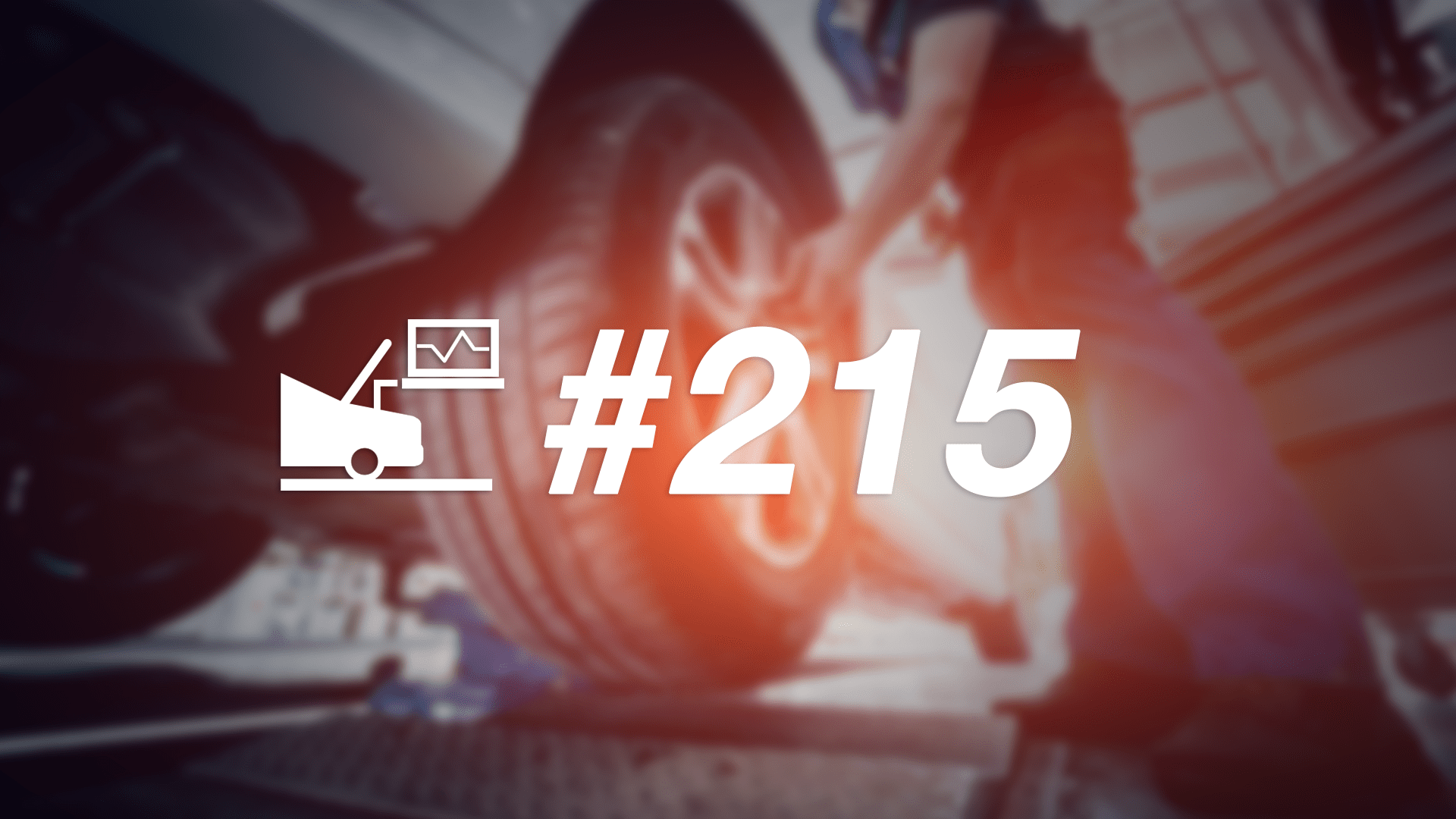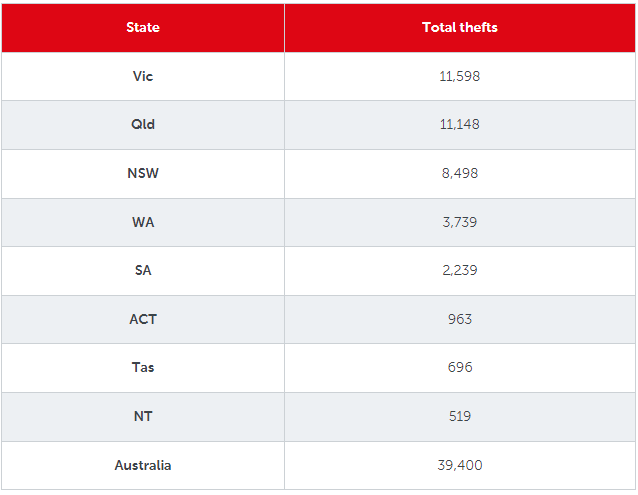If you’ve ever been worried about getting hurt at work and were wondering how you might make ends meet while recovering, there are two types of insurance you have likely come across: TPD (total and permanent disability) Insurance and Income Protection Insurance.
Both TPD claims and income protection could be described as ‘same same but different’. In one sense, they both have the same goal which is to help you with income in the event of you no longer being able to work for either a short time or a long time. But there are some very important differences too.
So, which do you need? And which one should you worry about? We’re here to help you find the best way forward.
Are TPD insurance and income protection the same thing?
The most important thing to know is how both types of insurance work. First, the similarities: TPD insurance and income protection insurance provide you with money if an illness or an injury stops you from working.
So far, so good. But there’s a critical difference between the two. The way TPD works is that, generally, you’ll be paid a lump sum benefit in the event of an illness or injury that prevents you from working permanently.
This is all well and good unless you suffer from a temporary injury that stops you from working for a shorter period – like 6 months or so. This is where income protection insurance comes into focus – it’s designed to cover your income in the event of you being temporarily unable to work.
There’s also an important difference in terms of how these insurances are paid out. For a TPD claim, if it’s resolved in your favour, you’ll be paid a lump sum usually through your superannuation account. Income protection though, is a monthly payment that’s usually determined as being 75% of your monthly income. Every insurer is different, so make sure you read the terms and conditions when you sign up.
So if you suffer a serious injury and can’t ever return to work, a TPD claim is your best bet. But if you fall off your motorbike and can’t work for six months, income protection is your lifeline. Everyone with us?
Why would I need both TPD insurance and income protection?
The answer is: horses for courses. Sometimes a TPD claim can be faster and easier (if you use Claimify, for example!). But sometimes it can take a bit longer before a claim can be found in your favour and you receive your lump sum.
While you’re waiting for your claim to be resolved, there’s a good chance you won’t be generating any income to help you survive the burden of day-to-day expenses (rent, groceries, etc). If you had income protection insurance though, this could kick in much faster and start providing you with monthly income while your TPD claim is resolved. But there’s also the possibility that if your TPD claim is confirmed and you are paid your lump sum, your income protection payments will immediately stop. Whether this is ok for you will depend on your individual circumstances, so we always recommend you seek some professional financial advice.
There is, however, some pretty serious fine print we should point to here. Some insurers have very specific clauses about claiming multiple insurance policies, so be sure to check your own policies carefully before you make any decisions.
What if I can only afford one insurance policy?
Everyone’s financial circumstances are different, and you may only have the income to choose either TPD insurance or income protection. If that’s the case, there are a number of criteria you might consider:
The cost of premiums
Income protection is generally more expensive per month as it covers more incidents such as more ‘minor’ injuries or illnesses that may only see you unable to work for 6 months rather than forever.
Tax deductibility
While it is possible to set up both TPD and income protection inside your super fund, more flexible income protection insurance policies are often set up externally. This means you’d pay your premiums from your after-tax salary. However, this also makes those premiums tax deductible so it can be helpful at tax time. TPD premiums are not tax deductible.
Tax on payments
While your income protection premiums might be tax deductible, your monthly benefit payments will be taxed. This is because it’s seen as a monthly income so the tax man wants their share. A TPD payout as a lump sum, however, is not taxed making it a bit more lucrative.
What have you got in savings?
If you don’t have any money stored away for a rainy day, then income protection might be a better bet as it will help see you through straight away in the event of an emergency. But if you have some money in the piggy bank that can see you through a TPD claim period, then TPD insurance may be better as the overall lump sum you’ll receive will be larger. None of this should be taken as financial advice though and we encourage you to consult a financial adviser to discuss your individual circumstances.
Overall, both TPD insurance and income protection insurance can play a very helpful role in protecting you in the event of some serious misfortune. It may just be that by pursuing both options, you can better look after yourself today, tomorrow and into the far future.
If you’ve recently suffered a total or permanent injury or illness, and want to make a TPD claim, we may be able to assist. Our qualified lawyers make it easy as! Simply fill out our online questionnaire to get started.
#TPD #claims #Income #protection #worlds










